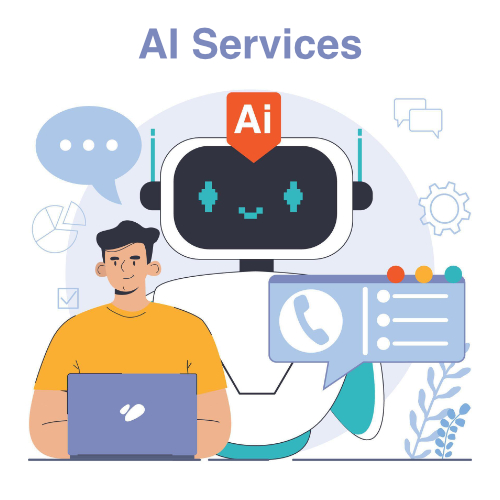
What you need to know about AI
Tapiwa Simon Gondo
Share this blog

Artificial Intelligence (AI) is a branch of computer science that focuses on creating systems capable of performing tasks that typically require human intelligence. Here’s an overview of what you need to know:
1. What is AI?
AI refers to the development of machines and software that can mimic cognitive functions like learning, reasoning, problem-solving, perception, and language understanding.
2. Types of AI
• Narrow AI (Weak AI): AI designed to perform specific tasks (e.g., voice assistants, image recognition).
• General AI (Strong AI): A theoretical concept where AI has the ability to perform any intellectual task a human can do.
• Superintelligent AI: A potential future stage where AI surpasses human intelligence in virtually all areas.
3. How AI Works
AI systems rely on:
• Machine Learning (ML): Algorithms that improve through experience and data.
• Deep Learning: A subset of ML using neural networks to process complex data.
• Natural Language Processing (NLP): Understanding and generating human language.
• Computer Vision: Recognizing and interpreting visual data.
4. Applications of AI
AI is integrated into various industries, including:
• Healthcare: Diagnosis, drug discovery, and patient management.
• Finance: Fraud detection, algorithmic trading, and customer service.
• Transportation: Autonomous vehicles and traffic management.
• Entertainment: Content recommendations and game design.
• Retail: Personalized shopping experiences and inventory management.
5. Challenges and Ethical Considerations
• Bias in AI: Ensuring AI systems are fair and unbiased.
• Privacy Concerns: Managing data securely and ethically.
• Job Displacement: Addressing workforce disruptions caused by automation.
• AI Safety: Ensuring AI behaves as intended and aligns with human values.
6. Future of AI
AI is advancing rapidly, with potential breakthroughs in areas like quantum computing, enhanced human-AI collaboration, and solving global challenges. However, ethical governance and regulations will be crucial to its responsible development.

